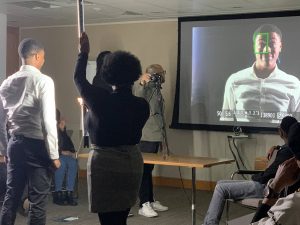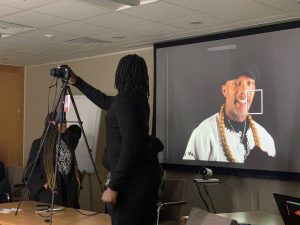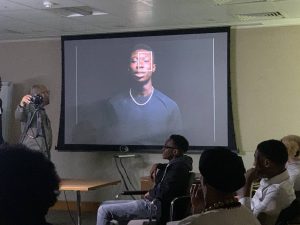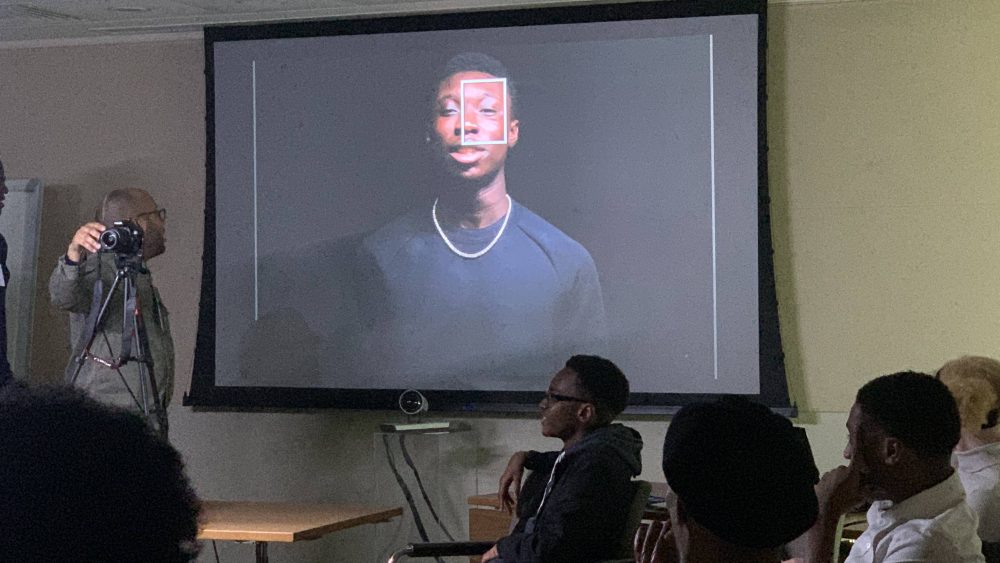The Power of Hair: Navigating Identity, Discrimination, and Empowerment
Did you know that there are 4 major types of hair? Straight hair (1), Wavy hair (2), Curly hair (3) and Coily hair (4). Each of these are further divided into subtypes A, B, and C, meaning there are 12 total categories for hair! Most people will realise that they have a mixture of types, and that hair care between different types can vary.
Our hair is such a large part of our identity and can be the difference between a good day and a bad day. Our wavered identity can affect our interpersonal relationships, work and self-esteem.

#ThePowerofHair Campaign
For those who experience Afro-hair discrimination, the idea of a bad hair day is far deeper, and rooted in systemic racism. By tackling Afro-hair discrimination, we can enable cultural respect and inclusivity, as Afro-textured hair is a significant aspect of Black and African cultures. By promoting acceptance, where discrimination against Afro-hair perpetuates cultural insensitivity and exclusion, we can foster a more inclusive and diverse society; tackling the negative impact on an individual’s self-esteem and identity, creating equal professional and educational opportunities – by supporting the implementation of anti-discrimination laws and policies, and stepping towards a broader social equality by fostering a society that values diversity and the respect of individuals, regardless of their hair texture or cultural background.
Pantene and The Ideas Foundation launched #ThePowerOfHair schools education programme in 2021 to combat Afro hair discrimination , particularly in the UK, focusing on schools as a common site of discrimination .
93% of black individuals face microaggressions related to their hair.
“What is a microaggression?”
A microaggression is an indirect, subtle, or unintentional discriminatory statement, action or incident towards members of a marginalised group such as a racial or ethnic minority.
Discrimination based on natural hair had detrimental effects on the mental health and self-esteem of 52% of black individuals. Worryingly, only 7% of people without Afro hair could recognise common microaggressions (uninvited hair touching, ‘colour blindness’ statements, upholding biased social mobility practices, assumptions of intelligence – based on an individual’s skin colour/hair type).

As of today, we have reached 6027 students in 128 schools. With the help of 28 incredible volunteers and 16 facilitators, we’ve hosted a total of 181 workshops across the UK, since the start of #PowerOfHair campaign in 2021. After reaching 66 schools last year, The Ideas Foundation is aiming to bring the Power of Hair campaign to 88 schools in 2024. The Pantene #PowerOfHair initiative aims to increase positive representation through advertising and education. Thepartnership between Pantene and The Ideas Foundation offers free creative workshops and free downloadable lesson plans. The workshops are designed to raise awareness, promote hair confidence, and equip students with essential skills. The workshops cover various subjects such as poetry, photography, drama and art, and are suitable for Key Stage 2 and Key Stage 3 Levels.
I had the pleasure of experiencing one of the #PowerOfHair workshops, led by our incredible tutor, Adisa the Verbalizer. Adisa is a poet, performer, life coach and martial artist, bringing a plethora of experience and personal style to this program. This session was a little different, as the audience were the staff members within Procter and Gamble – the home of the Pantene brand.
It was magical to watch how everyone shared their experiences of good and bad hair days. A domino effect of individuals sharing their creative writing on hair and emotion and working in teams to decode the history of hair discrimination. The workshop got everyone talking and thinking about racial biases. I came away from Adisa and the group understanding; that knowledge and self-awareness is key to tackling microaggressions and calling it out is the beginning of the journey to ending daily hair discrimination.



Comments are closed.